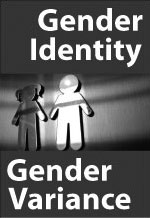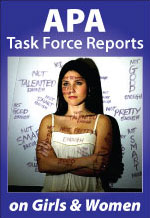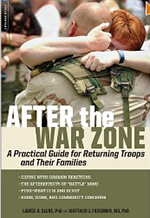Florida Board of Occupational Therapy
View the Board Website or Email the Board
Phone: 850-488-0595
CE Required: 26 hours every 2 years, of which:
2 hrs Preventing Medical Errors is required each renewal,
2 hrs Florida Occupational Therapy Laws & Rules is required each renewal,
1 hr HIV/AIDS is required for the first renewal only
Home Study Allowed: 12 hours
License Expiration: 2/28, odd years
National Accreditation Accepted: AOTA
Date of Info: 12/15/2010
Renewal Information from the Florida Board of Occupational Therapy:
Renewing online is as simple as going to www.FLHealthsource.com, clicking on the “Renew My License” button on the homepage, and following the instructions. The system will allow licensees not knowing their User ID and Password to log in after answering several specific validation questions.
By renewing and submitting the appropriate renewal fees, you are acknowledging compliance with all requirements for renewal have all been completed, including continuing education requirements. You are responsible for retaining proof of all earned continuing education hours for a period of four (4) years. All licensees renewing active licenses are subject to audit and may be asked to show proof of appropriate continuing education.
If you have any problems using online renewal or other questions about your renewal, please contact the Division’s customer contact center at 850-488-0595 and choose option 3.
Please note when you complete your licensure renewal you are confirming all renewal requirements are complete, including 26 hours of continuing education have been completed as required by Rule.
Current License Holder Renewal Information
- $60 renewal fee ($55 renewal fee = $5 unlicensed activity fee)
- 26 hours continuing education per each biennium
Professional Development Resources is an AOTA approved provider of continuing education (#3159). The assignment of AOTA CEUs does not imply endorsement of specific course content, products, or clinical procedures by AOTA. Professional Development Resources is also approved by the Florida Board of OT Practice (#34) and is CE Broker compliant.
Twelve (12) hours of home study per biennium are allowed. Home study education is independent study and requires a certificate of completion. Home study education does not include a web-based, satellite transmitted or online instruction program that allows or requires the licensee to interact or communicate back and forthwith the instructor during the presentation of the program.




